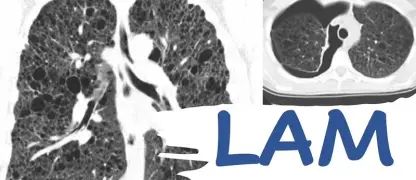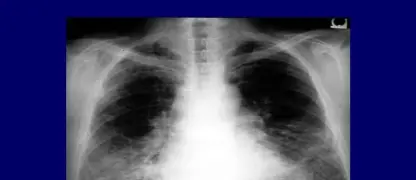Tired of seasonal sneezing and itchy eyes? Don't let hay fever control your life. This guide explains the causes, symptoms, and effective prevention strategies, helping you choose the right treatment and breathe easier all year long.
What are the main causes of Allergic Rhinitis (Hay Fever)?
- The condition is an allergic response to airborne allergens; seasonal hay fever is often caused by a high pollen count from trees, grasses, and weeds.
- Perennial allergic rhinitis occurs year-round and is typically triggered by indoor allergens like dust mites, pet dander, cockroaches, or various mold spores.
- Exposure to these triggers causes the immune system to overreact and release histamine, which leads to inflammation and the classic symptoms of hay fever.
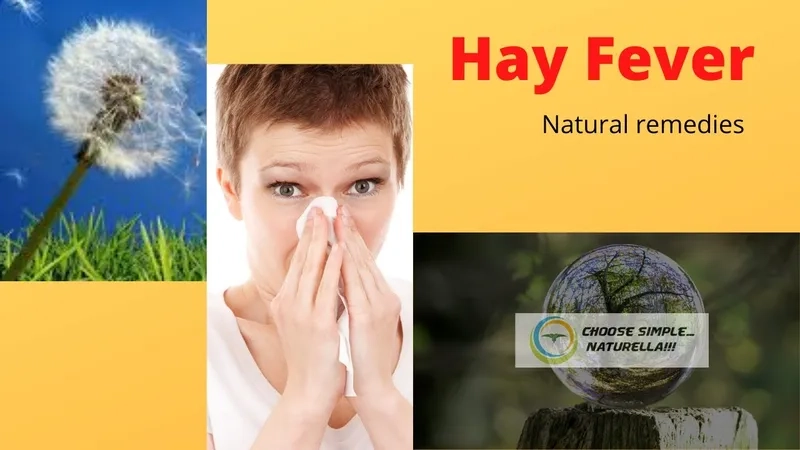
Key symptoms of Allergic Rhinitis (Hay Fever) to watch for
- Common hay fever symptoms include frequent sneezing, a runny or stuffy nose, and annoying itchy eyes, throat, or ears that disrupt your daily activities.
- Many people also experience post nasal drip, which is a sensation of mucus dripping down the back of the throat, often causing a persistent cough.
- It is important to distinguish it from a cold; unlike an infection, allergic rhinitis does not cause a fever and symptoms persist with allergen exposure.
How can you prevent Allergic Rhinitis (Hay Fever) effectively?
- The best prevention is to minimize allergen exposure by keeping windows closed during high pollen season and using high-efficiency air purifiers indoors.
- Over-the-counter allergy medicine, such as the best antihistamine for your needs, can effectively prevent symptoms when taken before you are exposed to allergens.
- Using a steroid nasal spray for allergies regularly can reduce inflammation in the nasal passages, providing excellent long-term control and preventing severe symptoms.
>>> Find out together: Obstructive sleep apnea - Why you should never ignore snoring
Image of the disease Allergic Rhinitis (Hay Fever)
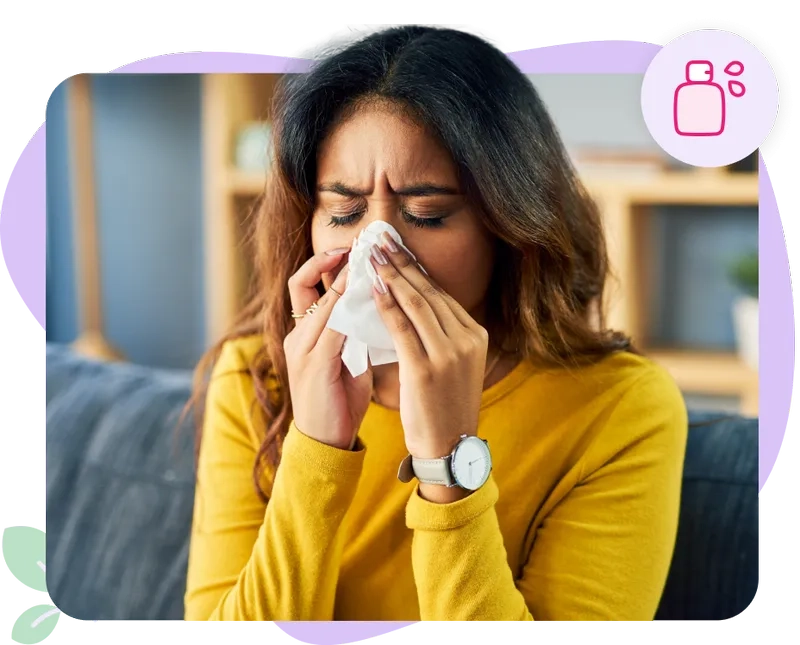
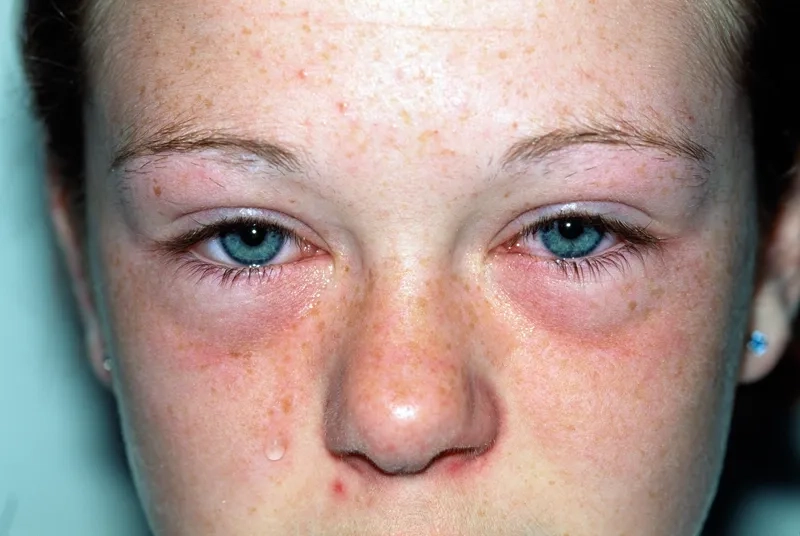
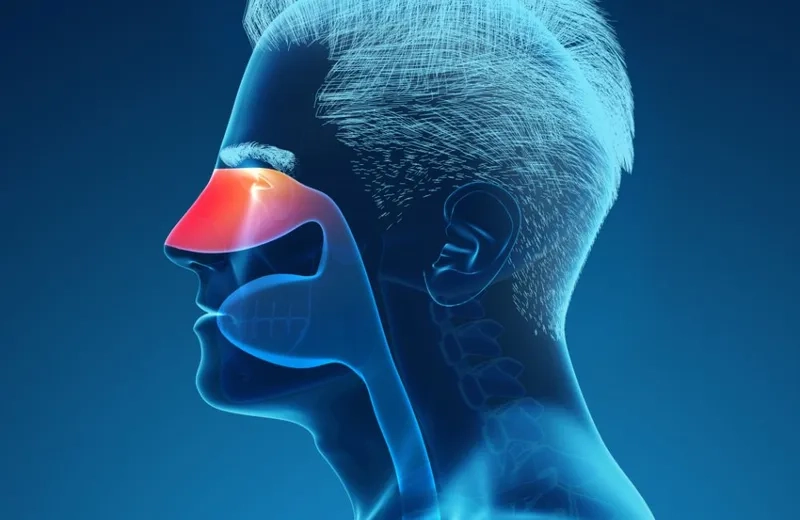
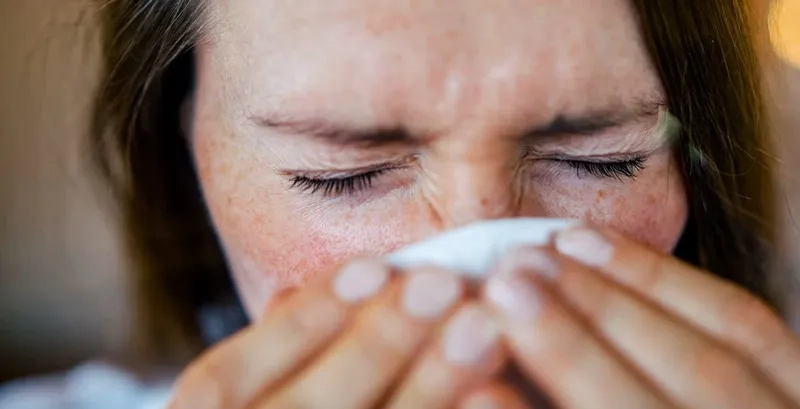

>>> Don't miss: Cystic fibrosis - Advances in treatment and life expectancy
Effective allergic rhinitis treatment is available. From oral medications to nasal sprays, you can manage your symptoms and feel better. If your condition is severe or you're unsure if it's sinusitis vs allergic rhinitis, consult a doctor.
>>> See more: Asthma - Understanding your triggers and treatment options


